Divorce is a difficult and emotional process, but the method of resolving it doesn’t have to add to the stress. Many couples are now turning towards alternative dispute resolution methods to find a peaceful and private way to end their marriage. Two popular options are mediation and collaborative divorce, each offering a pathway to divorce without stepping into a courtroom.
With the guidance of Metuchen mediation lawyers and specialists, navigating these processes can become more straightforward. This blog explores the differences between mediation and collaborative divorce, helping you understand which option might be best suited for your situation.
Mediation: A Path to a Negotiated Divorce Settlement
Mediation involves a neutral third party, known as a mediator, who helps both spouses communicate their needs and negotiate the terms of the divorce, including child custody, property division, and financial arrangements. The mediator does not make decisions for the couple but facilitates discussion and helps them reach a mutually acceptable agreement.
Key Features of Mediation:
- Voluntary Process: Both parties agree to participate and can withdraw at any time.
- Confidentiality: Unlike court proceedings, mediation is private, and discussions cannot be used against either party in future legal proceedings.
- Control: Couples have more control over the outcome, as they make the final decisions, not a judge.
- Cost-Effective: Generally, mediation is less expensive than a traditional divorce through the courts.
Who Can Benefit From Mediation?
Mediation is ideal for couples who are willing to communicate openly and work together to reach a fair settlement. It’s particularly beneficial for those seeking a quicker, more cost-effective way to divorce and for families looking to maintain a cordial relationship post-divorce.
Collaborative Divorce: A Team Approach to Divorce Without Going to Court
Collaborative divorce, like mediation, focuses on negotiation and agreement. However, each spouse hires their own attorney. The process may also involve other professionals, such as financial advisors and mental health counselors, who can provide guidance on specific issues.
Key Features of Collaborative Divorce:
- Team-Oriented: Both parties work with their attorneys and possibly other professionals to negotiate the terms of the divorce.
- No Court: The collaborative process is designed to settle the divorce without going to court. If the process breaks down, the parties must hire new attorneys if they decide to go to court.
- Open Communication: This method encourages honest and direct communication, with both parties agreeing to share information freely.
- Binding Agreement: The final agreement is legally binding once it is signed and approved by a judge.
Who Can Benefit From a Collaborative Divorce?
Collaborative divorce is suitable for couples who want legal representation during the negotiation process and those who may need the support of other professionals to address complex issues. It’s also aimed at couples committed to resolving their divorce amicably without litigation.
Mediation vs Collaborative Divorce: Making the Right Choice
Choosing between mediation and collaborative divorce depends on your specific circumstances, including the complexity of your divorce, your relationship with your spouse, and your goals for post-divorce life. Both options require open communication and a willingness to negotiate in good faith.
Considerations for Choosing the Right Path:
- Complexity of Your Situation: Collaborative divorce may be better suited for couples with complex finances or contentious custody issues.
- Desired Level of Support: If you prefer having your own lawyer present during negotiations, a collaborative divorce might be the better option.
- Cost and Time: Mediation can be quicker and less expensive but requires both parties to communicate directly with each other, which is not always possible in contentious divorces.
Ultimately, both mediation and collaborative divorce offer pathways to a negotiated divorce settlement that keeps you out of court and in control of the process. By understanding the nuances of each option and consulting with Metuchen mediation lawyers, you can make an informed decision that aligns with your needs and goals.
Consult with Our Metuchen Divorce Mediation Lawyers at Wiley Lavender Maknoor, PC to Learn About Your Options
Contact Wiley Lavender Maknoor, PC and make the right decision regarding your divorce. Our Metuchen divorce mediation lawyers are here to help. Call us at 732-607-4965 or contact us online to schedule a free consultation. Located in Metuchen, New Jersey, we serve clients in Middlesex County, Monmouth County, Union County, and Somerset County.
 Google Screened
Google Screened
